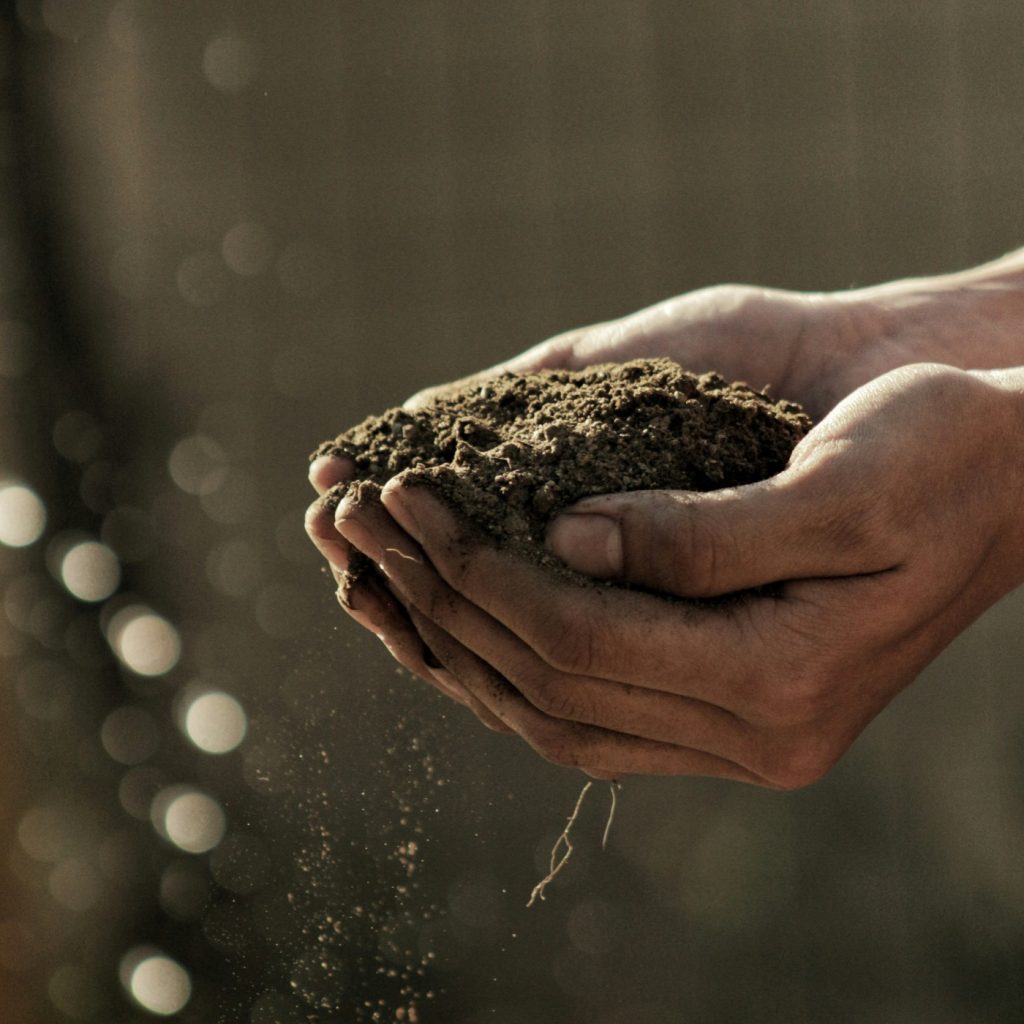

Smart and sustainable farming solutions connecting agriculture to global markets. We provide agri management, advanced farming technology, and export support for non-taxable crops to help farmers increase yield, reduce waste, and grow responsibly on an international scale.

The main goals and benefits of sustainable farming are:
the first advantage of sustainable agriculture is the protection of the environment, reducing erosion and natural resource degradation, improving air and water quality, increasing biodiversity, as well as decreasing carbon emissions.
another benefit of sustainable farming methods is that they provide decent income, but also jobs, food and other goods and services for the majority of people now living in poverty. Besides, it allows to boost rural territories and create social links between the rural and urban world.